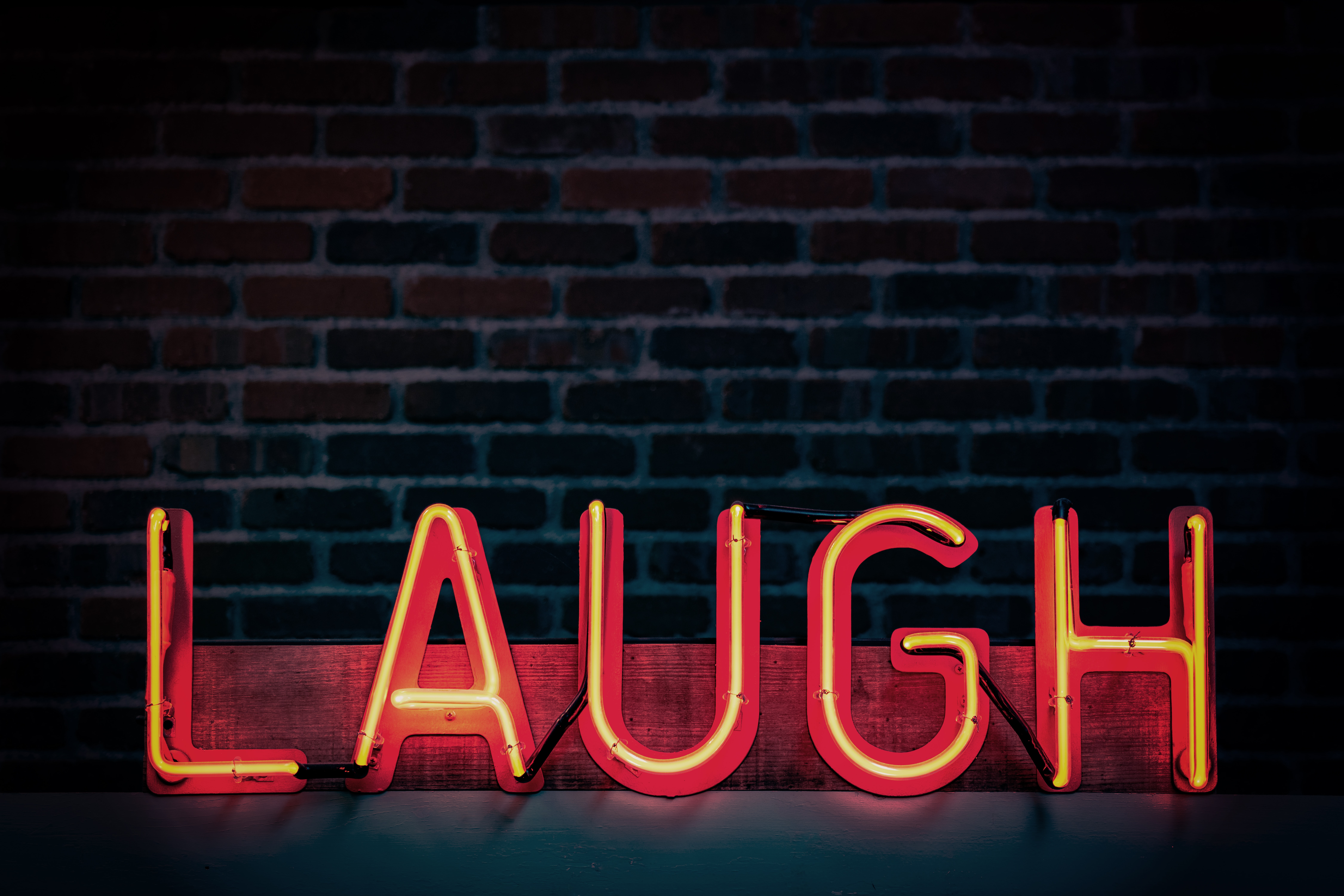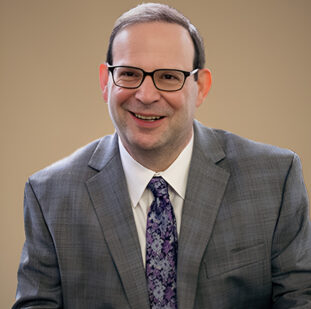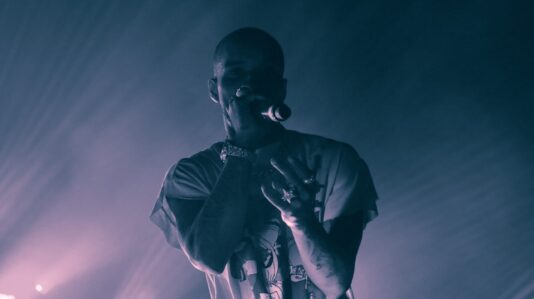Comedians have likely been stealing jokes for as long as jokes have been told. Professional comedians make their livelihood off their own original jokes through a variety of ways including, most recently, asserting public performance rights. As a comedian, what options do you have if someone steals your stuff?
What is Joke Theft?
Joke theft is the act of performing comedic material created by another without receiving permission or crediting the original creator. In today’s media environment, content is being created and delivered at lightning speeds through an enormous number of channels. As such, joke theft can take many different forms. Joke theft can occur when traditional jokes that have a set-up and a punch line are performed by comedians other than the original author and without permission. However, joke theft can also occur in the material of more contemporary styles of comedy like late night show monologues or sketch comedy programs.
What have courts said about joke theft?
In recent years, joke theft has received increasing attention from legal scholars and comics themselves. However, joke theft as a legal principle can be traced as far back as 1913 in the case of Hoffman v. Le Traunik. In Hoffman, the plaintiff accused the defendant of appropriating certain jokes that were contained in a series of copyrighted monologues. The court held that in order for the plaintiff to prove infringement, the plaintiff must show that the jokes were original to him. Although the monologues in this case were registered under the 1909 copyright act, which has since been updated several times, the underlying principle of Hoffman likely still holds. Jokes are protectable under copyright law as a form of “literary work.”
What intellectual property rights protect against joke theft?
Joke theft is a form of intellectual property rights infringement. Although most joke theft claims likely fall under copyright infringement, there are circumstances where a stolen joke may be a trademark infringement. Copyright law protects works of authorship while trademark law protects names, mottos, logos and other brand identifiers.
Copyright
The first line of defense for protecting a joke should be copyright protection. Under section 102(a) of the Copyright Act, in order for copyright protection to take effect, an original work of authorship must be fixed in a tangible medium. This essentially means that in order for a joke to receive copyright protection, the joke must be original and recorded, whether in audio, video or writing. Additionally, under section 102(b), a mere idea is not enough to gain protection. The idea must be expressed. For example, Jeff Foxworthy could not copyright the idea of redneck jokes but could copyright the specific redneck jokes he told on the Blue Collar Comedy Tour. Copyright Office Circular 33, “Works Not Protected by Copyright,” provides helpful guidance in non-legal language here.
Not everything a comedian says is copyrightable as a “literary” work. For example, live improv performances that aren’t recorded are not copyrightable as they’re not “fixed in a tangible medium” as required for copyright protection. Short phrases, such as Henny Youngman’s “Take my wife, please” and Rodney Dangerfield’s “I don’t get no respect” are typically not copyrightable. However, given the close association these phrases have with their respective comedy legends, they may be protectible under trademark law.
Trademark
Trademarks may provide protection when a joke is part of a comedian’s brand but is too short to be copyrighted or was not recorded. Essentially the joke must help the public distinguish a brand (i.e., the comedian) from others. For example, the aforementioned Jeff Foxworthy redneck joke is in fact a registered trademark. Other short jokes or phrases that are iconic as part of a comedian’s brand may be eligible for trademark registration. Unauthorized use of a registered trademark may constitute trademark infringement.
Is joke theft common?
It is likely that joke theft has been going on as long as there have been jokes. Many people innocently tell jokes to friends that they heard on the radio, Netflix specials or read in joke books. Evidence of joke theft in the United States can be found as early as the Vaudeville days. High profile comedians such as Robin Williams and Steven Pearl were accused of joke theft in the 1980s. More recent claims have been levied against Dane Cook, Denis Leary and Carlos Mencia. However, standup comedians are not the only perpetrators. Although they depend on a team of writers in their famous writers’ room, former late night talk show hosts Jay Leno and Conan O’Brian have been involved in settlements to prevent costly joke theft lawsuits from making their way to court. Even the venerable comedic institution “Saturday Night Live” has been accused of stealing sketches.
What is the future of joke theft?
Although no one absolutely knows what the future holds, it is likely that in this relatively new and ever-expanding digital environment comedians will be more tenacious in defending their rights. As comedians leverage new media platforms such as TikTok and Instagram to distribute content, joke theft is likely to become even more rampant. In order to guard their work, comedians should ensure that their jokes are properly protected.
How can I protect myself against joke theft?
Professional ethical comedians make their living based on their own creative and original material. Joke theft could be majorly detrimental to the livelihood of professional comedians, both to the thief’s reputation and the victim’s brand. The first step to ensure protection is to make sure that your jokes are recorded or written down. Then the jokes should be registered with the copyright office. Comedians that believe that they are victims of joke theft should contact an attorney as soon as possible to explore possible options.
****
If you’re a comedian, the protection of your intellectual property is no joke. If you have any questions regarding what’s protectible and how you may earn money from your jokes and routines, please work with a lawyer who is experienced in the nuances of comedy law and copyright law. Contact a member of our team for next steps.
Contributions to this blog by David Yu.





